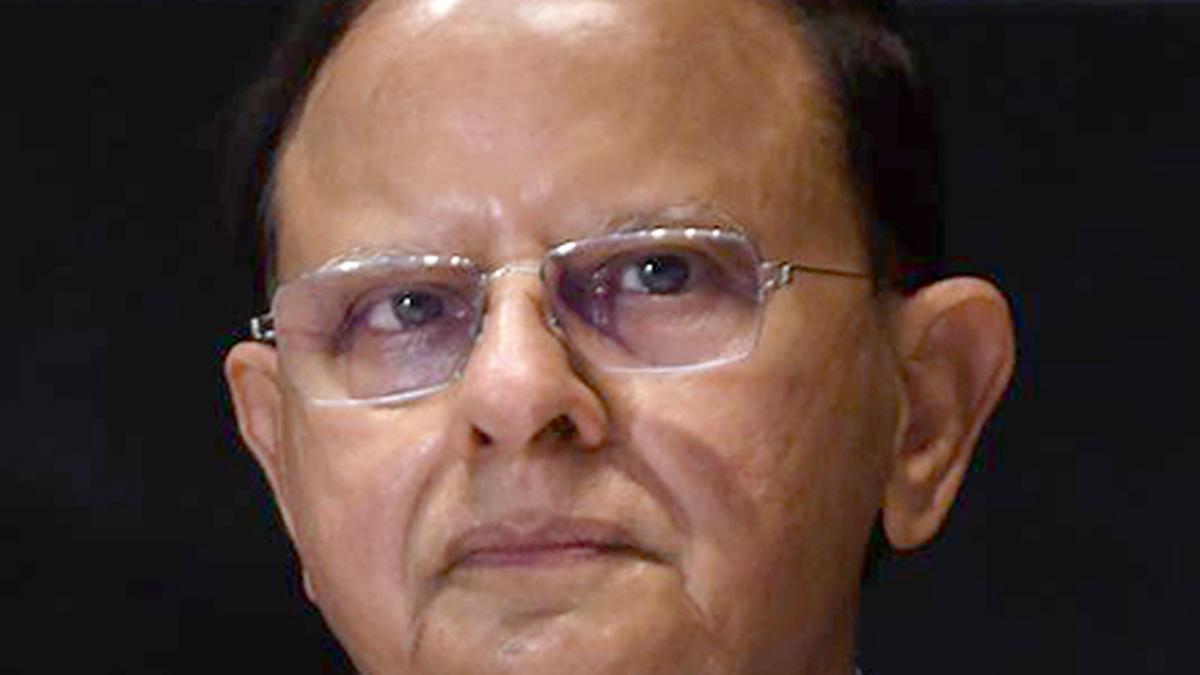Now Reading: Bureaucracy Reforms Driving Change, Says PM’s Principal Secretary
-
01
Bureaucracy Reforms Driving Change, Says PM’s Principal Secretary
Bureaucracy Reforms Driving Change, Says PM’s Principal Secretary

Quick Summary
- Event: P. K. Mishra, Principal Secretary to Prime Minister Narendra Modi, addressed the convocation ceremony at the Indian Institute of Management, Mumbai on September 20, 2025.
- Key Message: Students were urged to complement technical skills with values like teamwork, humility, ethics, openness, and mutual respect for successful careers and fulfilling lives. Teamwork was emphasized as more critically important then individual brilliance.
- Global Challenges Mentioned: Trade wars between large economies; geopolitical tensions in Ukraine and the Middle East; climate change; transformative technologies such as artificial intelligence.
- Civil Service Reforms Highlighted:
– Strategic shift since 2014 aimed at creating a “21st-century civil service.”
– Overhaul of the empanelment process for senior roles (Joint Secretary & above) with multi-source feedback introduced in 2016 assessing decision-making skills, integrity reputation.
– Discontinuation of personal interviews for Group B & C posts as 2016 reduced bias and subjectivity.
– “Mission karmayogi” platform transformed capacity building in government services by offering over 3,300 courses to over 1.3 crore users.
Indian Opinion Analysis
The speech made by P.K. Mishra underscores India’s effort to modernize its civil services infrastructure while addressing global uncertainties that demand adaptive governance strategies. The focus on teamwork and continuous learning signals a shift towards collaborative structures rather than hierarchical systems traditionally prevalent in governance.
administrative reforms like eliminating personal interview biases aim to increase fairness and meritocracy across roles while the introduction of multi-source feedback systems enhances accountability across diverse stakeholders-a necessary measure given India’s scale of governance challenges.
For graduates entering rapidly changing professional environments marked by technological disruption (AI) or geopolitical volatility (Ukraine),lessons in lifelong learning resonate widely with long-term employability prospects beyond fixed technical expertise.Such initiatives also align closely with India’s broader aspirations for ethical leadership amid complex social challenges set against rising expectations from both domestic stakeholders and international ecosystems.























